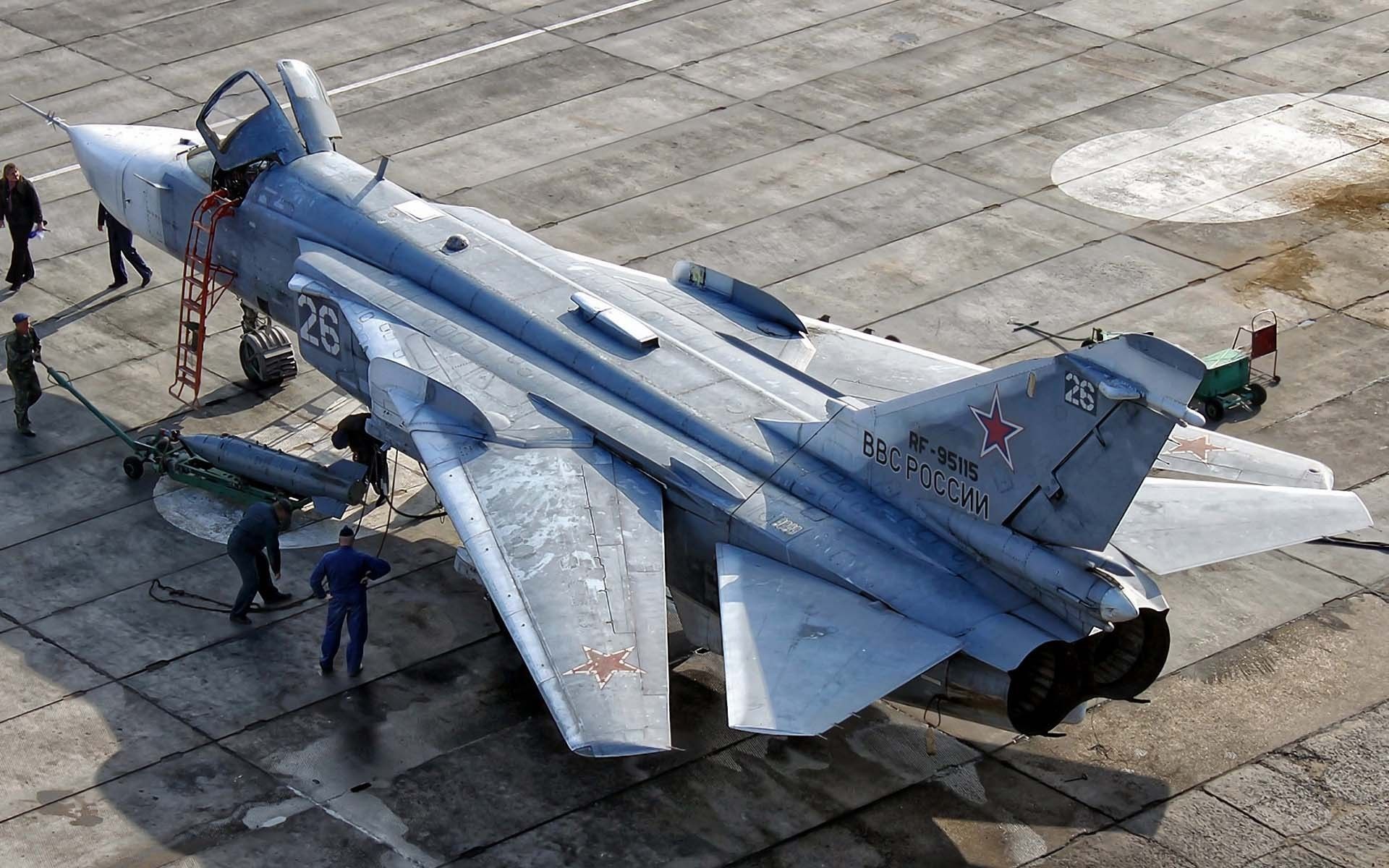NATO member Turkey shot down a Russian fighter jet on its border with Syria on Tuesday, raising concerns over the potential for a further escalation in the more-than- four-year Syrian conflict.
Ankara says the plane violated Turkish airspace, but Russian President Vladimir Putin has insisted the jet was over Syria at the time of the strike.
Why was the Russian jet there?
Russia is one of several leading powers involved in Syria, where a four-year-old civil war has developed into a proxy war between regional rivals.
Efforts to reach an international peace deal have so far stalled over whether Syrian President Bashar al-Assad could stay in power — with allies Iran and Russia facing off against backers of opposition groups in the West as well as in Turkey, Saudi Arabia and Qatar.
The incident occured as Russia engages in a heavy bombing campaign in northern Syria, an operation that Turkey had complained is hurting Turkmen Syrians, an ethnic group with links to Ankara. Russia insists the strikes target Islamic State jihadists.
How did this happen?
Putin said the plane went down in Syrian territory four kilometres (2.5 miles) from the border with Turkey and “did not in any way threaten Turkey”.
Tensions were already high as Turkey had complained previously of Russian incursions into its airspace in October and NATO had warned Russia to stay away from the border.
Experts said Russia has a history of testing the boundaries of the airspace of other countries, including in northern and eastern Europe.
“Russia knew exactly what the potential risks could be if its aircraft did stray into somewhere Turkey did not want it to be,” Keir Giles, an associate fellow at Chatham House think tank in London told AFP.
“It’s completely different to other cases in Northern Europe where it’s hard to tell if Russia is being careless or deliberately provocative.”
How has Russia responded?
Russian Foreign Minister Sergei Lavrov has cancelled a visit to Turkey and Moscow has warned its citizens off travel to the country.
Putin called the downing a “stab in the back” committed by “accomplices of terrorists” and warned of “serious consequences”.
But Daragh McDowell, principal analyst on Europe and Central Asia for risk consultancy Verisk Maplecroft said: “The Kremlin will want to minimise the adverse publicity arising from combat or other losses in terms of the Russian domestic audience”.
“This isn’t the only crisis Russia is facing at the moment,” he said, referring in particular to tensions in Ukraine.
How has Turkey responded?
Turkey could take a confrontational stance, according to McDowell.
“Turkish President (Recep Tayyip) Erdogan and his government have been extremely annoyed at Russia’s policy in Syria generally, as well as routine violations of Turkish airspace by Russian warplanes,” McDowell said.
“The Turks may be happy to use this as an excuse to adopt a more confrontational footing towards Moscow.”
For Jean-Claude Allard, a former general and head of research of the Paris-based Institut de Relations Internationales et Stratégiques, the incident indicates the reluctance of Turkey to join any international efforts to combat the Islamic State group in Syria.
“This gesture by the Turks seems to be a clear message they do not want to enter the coalition” against IS, Allard said.
What are the risks?
“It’s in neither side’s interest to escalate this problem at the moment,” according to Giles of Chatham House.
“There are a lot of things that Russia could do to retaliate against Turkey if it wished to, including economic and diplomatic means. But the very clear Turkish warnings and its consistent policy make it difficult for Russia to claim that this is an unreasonable response.”
But Alan Mendoza, executive director of the right-leaning Henry Jackson Society, said the incident signals the potential for the conflict taking on an ever more international dimension.
“Russia’s unilateral actions and aggressive posture means accidental or deliberate clashes with Western and NATO forces could now occur,” Mendoza said.
“Whether Russia chooses to escalate or de-escalate with its response to today’s incident will be pivotal to the prospects of conflict extension now.”
Natasha Kuhrt, lecturer in international peace and security at King’s College London, said the incident “could potentially upset the progress made so far on coordinating responses to the Syrian crisis”.
It may mean it will be harder to reach international agreements that include Russia, including on finding a solution to the conflict.










